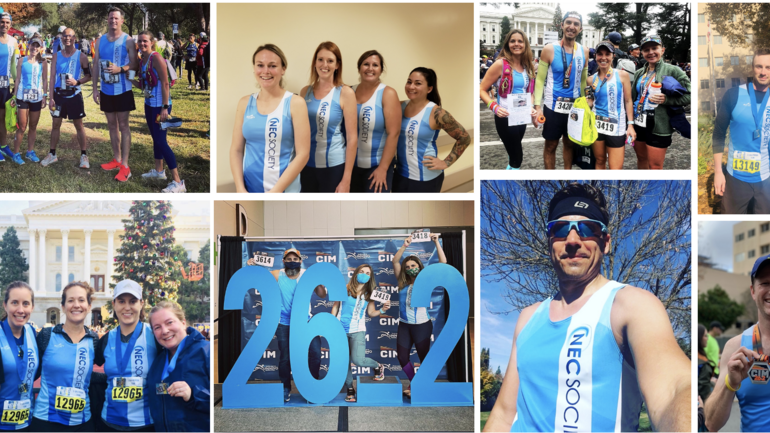
Michael's Run Against NEC
Michael Lo / Run for a World Without NEC

All money raised here will contribute towards NEC Society's research towards prevention and cure for Necrotizing Enterocolitis (NEC). Please see the description for more details on NEC as well as donations. Thank you all for the support! For questions feel free to contact me at 262-844-2508!
-
$1,440
Raised
-
$7,500
Goal
-
13
Supporters
-
127
Days Remaining
Recent Transactions
-

-

-

Stanley Lo
$500.00 / 7 days ago
-

-

-

Evan Cao
$25.00 / 13 days ago
-

Cheryl Kao
$50.00 / 14 days ago
-

Joseph Lai
$25.00 / 15 days ago
-

Anika Washburn
$25.00 / 15 days ago
-

-

Kenneth Lin
$20.00 / 16 days ago
-

Allen Liu
$25.00 / 16 days ago
-

Michael Lo
$450.00 / 25 days ago
About Michael's Run Against NEC
I am running the Sacramento marathon on December 7th, and all donations must be made on or before 12/6! Any amount of donation is happily accepted. Also feel free to get creative in you donations! I will create a mileage tracker for my training, where you can pledge to donate $X per mile. For awareness, with no injury breaks, I will run ~400 miles for training.
See the in progress tracker here: https://docs.google.com/spreadsheets/d/13RTZUFse141Jbl253gfRZ6sw145eveiFafr2oNzoXAk/edit?gid=0#gid=0
NEC SOCIETY INFORMATION:
NEC Society runs completely on donations and uses the donations responsibly. Of the $400,000 they raised in 2023, 70% (and rising with scale) of donations put directly into charitable programs, 15% going towards fundraising efforts, and 15% going to admin costs. They currently have 28 initiatives going and are looking to continue funding. Learn more about the organization and how you can help here: https://necsociety.org/
NEC INFORMATION:
NEC is a serious and sometimes deadly gut disease that mostly affects premature babies, where their intestines get inflamed and damaged. NEC is responsible for 1 in 10 NICU infant deaths and the death of 356 deaths in 2022 in the US alone. The mortality rate ranges greatly on the severity of the disease falling primarily between 10-50%, but it can reach up to 100%. Due to the high mortality rate, researchers are not only focused on treatment, but preventative care such as identification of predictive biomarkers to allow for earlier diagnosis, and the exploration of maternal interventions, such as dietary supplements, that could protect at-risk infants even before birth.

